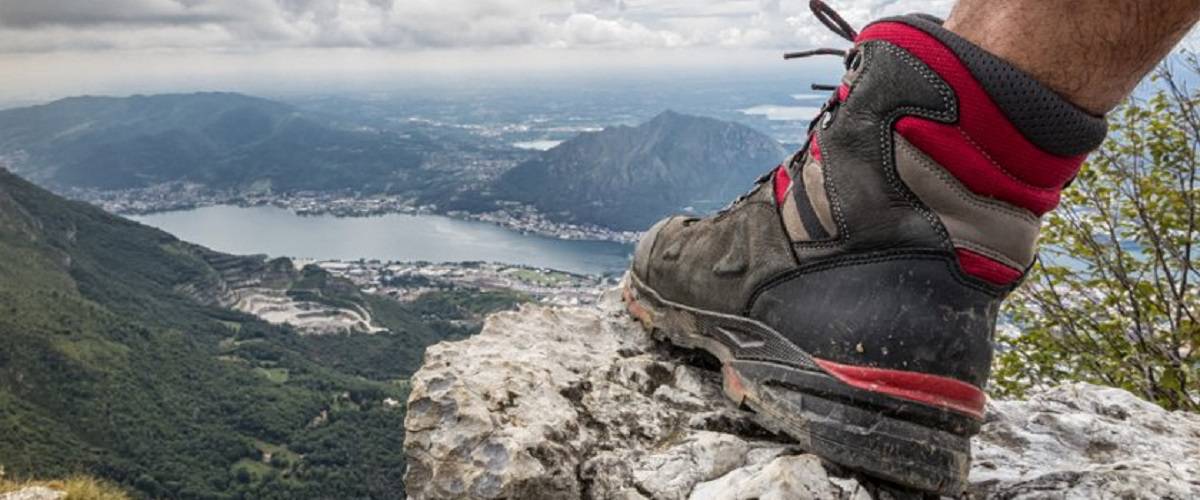One of the most important things you can invest in, prepper or not, are good shoes. We have legs, we walk, so we should make sure that we have the right gear for the job. There’s a shoe for every job you could need, too. Here are some things to consider when thinking about footwear.
Cats and Potato Chips
A common idea is to have multiple pairs of boots and shoes. We have a variety of different tasks in our lives, and it’s good to have a shoe for the occasion. One example is having a heat conservative boot for cold/winter climates. If you’re considering buying another pair of shoes because they’d be better suited for a common situation, we recommend following up on that feeling.
Work or Hiking
When you have a hard task, you need a strong boot. But do you opt for a hiking boot or a work boot? Hiking boots focus on foot support. With a good hiking boot, you can walk for longer, with less ache and stress. They have less of a focus on durability as a compromise, however. Work boots can take a beating and will likely outlive any hiking boot under the same level of usage. Work boots are more cumbersome as a result of its toughness. You may not be comfortable in them for as long, and the extra weight will wear you down faster.
Where Are You?
The climate is one of the most important things to consider when choosing a shoe. If you have a bug out location in the mountains, you’ll need something with good durability and traction. If you live farther south, you’ll want something less insulated and designed to handle hot climates. Everything from location to level of urbanism plays a part in the right foot coverings. Those expecting to deal with more than one environment are normally the ones with multiple shoe options.
Have Bigger Feet
One common trick preppers have is to choose a shoe half a size larger than they need. This is so that they can wear an extra layer of socks or insert a third party insole. I’ve done this myself for my work shoes and I found it made a huge difference in how my feet felt by the end of the day.
Shoes to Consider
Urban
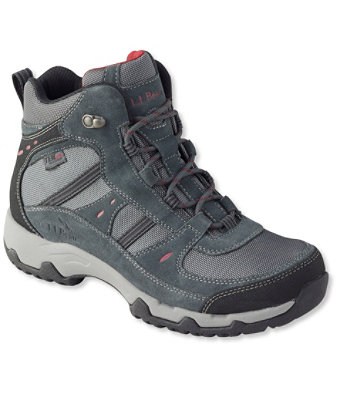 I get it, we don’t all live in rural towns and desolate forests. Some of us live in the suburbs and could walk to a Wendy’s if we really wanted. I have a particular shoe in mind for this situation: the LL Bean Trail Model Hikers. These shoes are intended as hiking shoes, but their design makes them socially acceptable as urban travel shoes. They’re multi-year strong and fairly priced. And should you have problems, LL Bean has a fantastic customer service system. This is a good shoe to wear regularly for moments-notice bugging out. They’re like the constant carry rule for shoes!
I get it, we don’t all live in rural towns and desolate forests. Some of us live in the suburbs and could walk to a Wendy’s if we really wanted. I have a particular shoe in mind for this situation: the LL Bean Trail Model Hikers. These shoes are intended as hiking shoes, but their design makes them socially acceptable as urban travel shoes. They’re multi-year strong and fairly priced. And should you have problems, LL Bean has a fantastic customer service system. This is a good shoe to wear regularly for moments-notice bugging out. They’re like the constant carry rule for shoes!
Rural
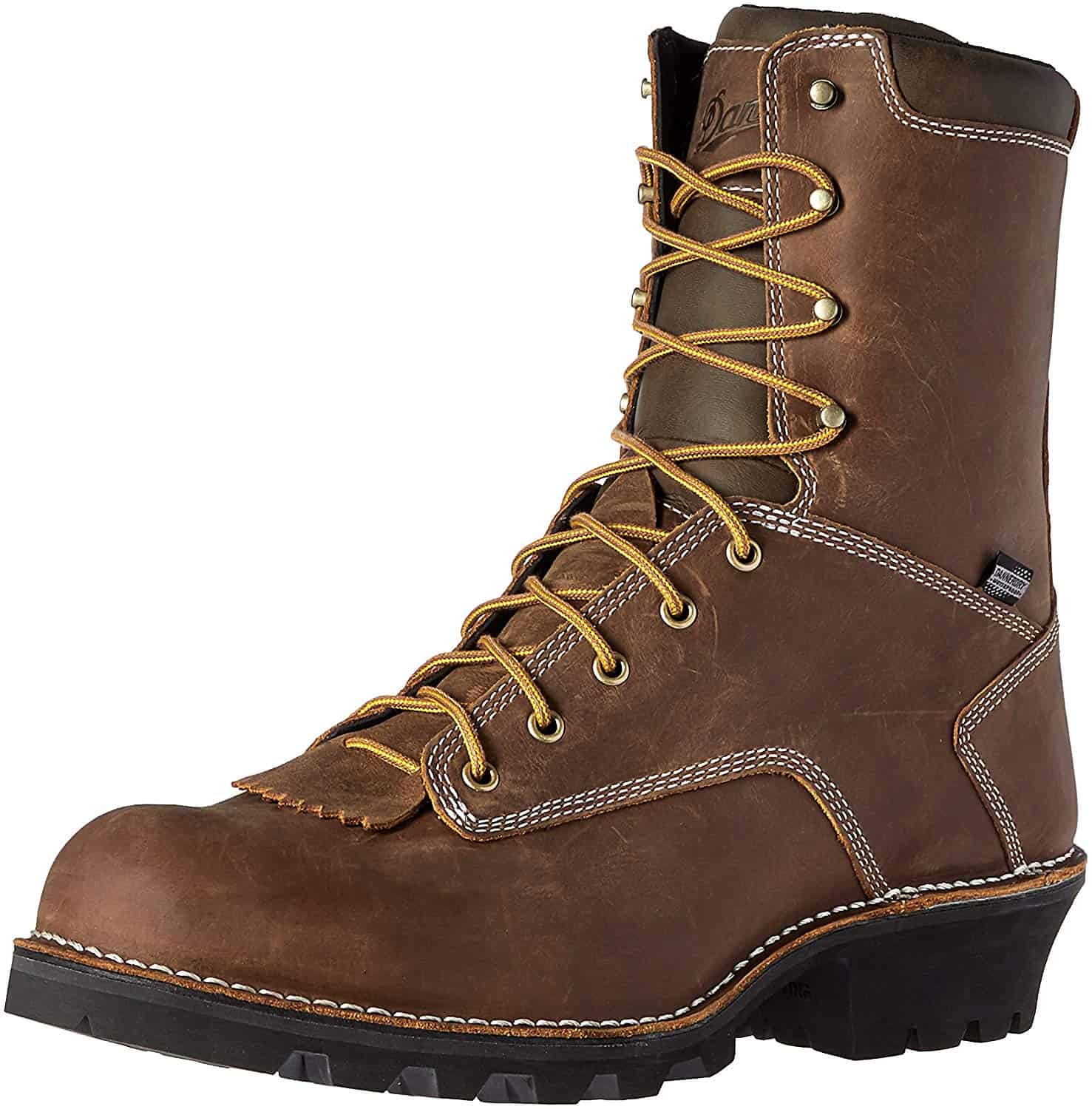 Alternatively, maybe you DO live in a rural area. Backwoods and local lakes are familiar to you. Or perhaps you have a hunting lodge or bug out location in the wilderness. That’s where this shoe comes in: the Danner Logger work boot. These boots are tough, tough enough to handle the many trials that wilderness survival and hunting would present it with. They stay comfortable too. They’re on the more expensive side, but it shows in the shoe’s quality.
Alternatively, maybe you DO live in a rural area. Backwoods and local lakes are familiar to you. Or perhaps you have a hunting lodge or bug out location in the wilderness. That’s where this shoe comes in: the Danner Logger work boot. These boots are tough, tough enough to handle the many trials that wilderness survival and hunting would present it with. They stay comfortable too. They’re on the more expensive side, but it shows in the shoe’s quality.
Hot Climate
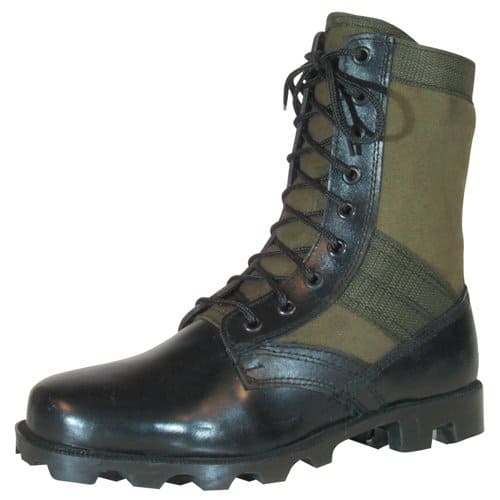 If this year has proven anything, it’s that it can get hot. Having a shoe made to handle the heat is important to staying fully operational, no matter what comes. This is why we recommend a classic: the Vietnam era Jungle Boot. They’re not the most modern in design, so you may experience some minor flaws. But the fact that they’re still in production today should show their value. Fortunately, they’re inexpensive as well.
If this year has proven anything, it’s that it can get hot. Having a shoe made to handle the heat is important to staying fully operational, no matter what comes. This is why we recommend a classic: the Vietnam era Jungle Boot. They’re not the most modern in design, so you may experience some minor flaws. But the fact that they’re still in production today should show their value. Fortunately, they’re inexpensive as well.
Cold Climate
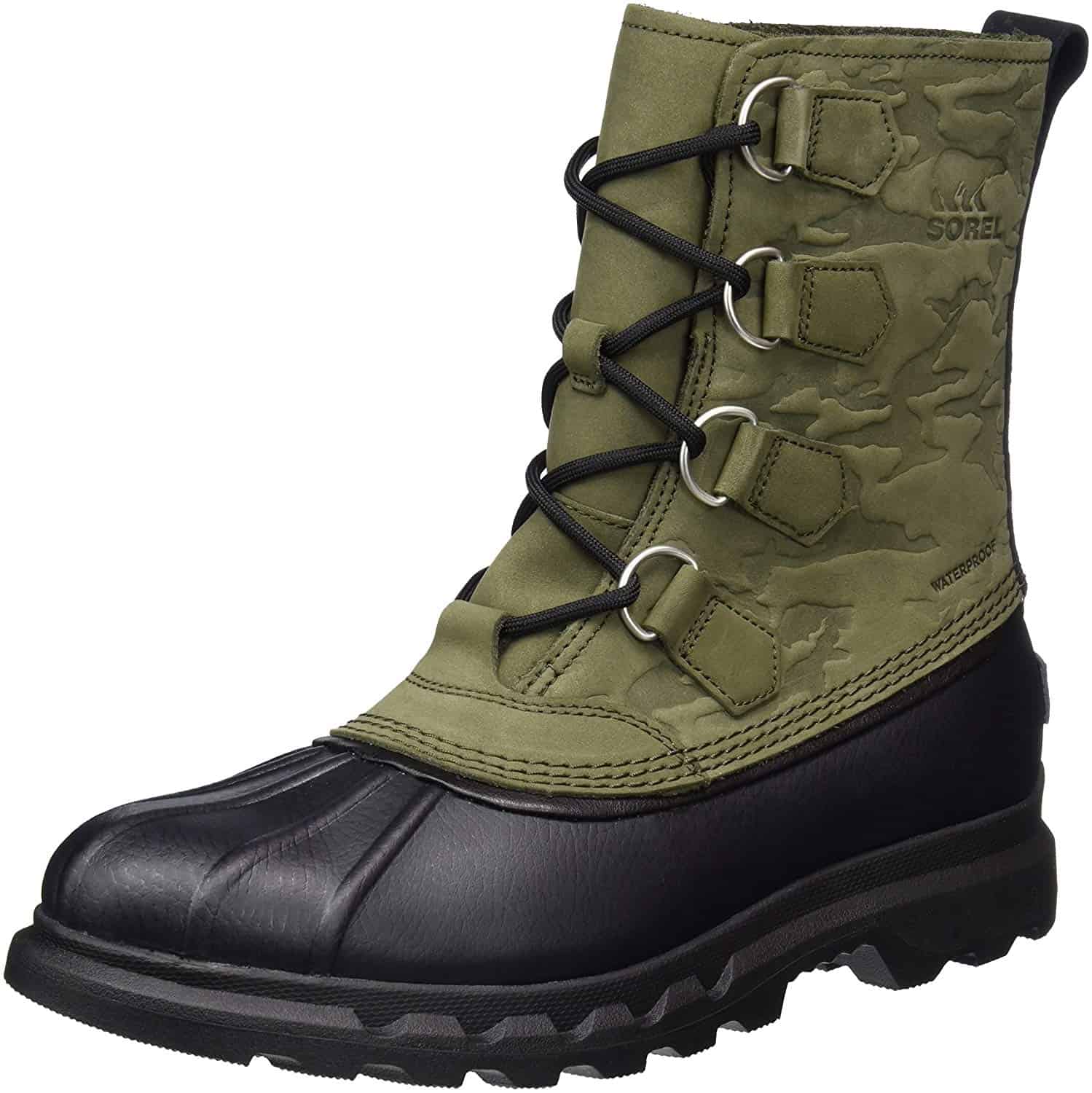 Let’s say you’re up North. Perhaps you call Canada home. You’ll have a different set of problems to face. You need something that insulates well and keeps water out. Snow melting on boots, soaking in, can ruin any experience. We recommend a Sorel Portzman Classic Camo Snow Boot. Deep treaded soles, waterproof lining, and nubuck leather combine for a wonderful problem solver to any winter wonderland.
Let’s say you’re up North. Perhaps you call Canada home. You’ll have a different set of problems to face. You need something that insulates well and keeps water out. Snow melting on boots, soaking in, can ruin any experience. We recommend a Sorel Portzman Classic Camo Snow Boot. Deep treaded soles, waterproof lining, and nubuck leather combine for a wonderful problem solver to any winter wonderland.

